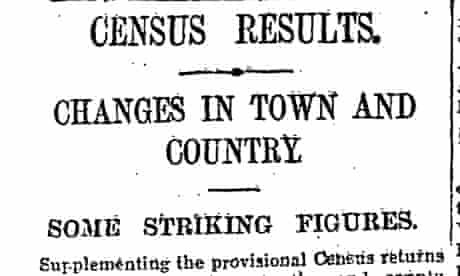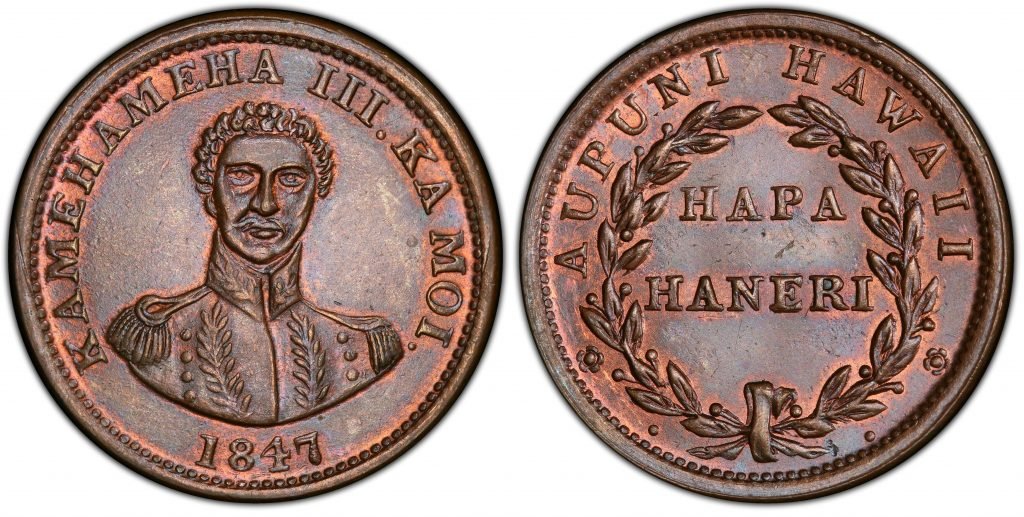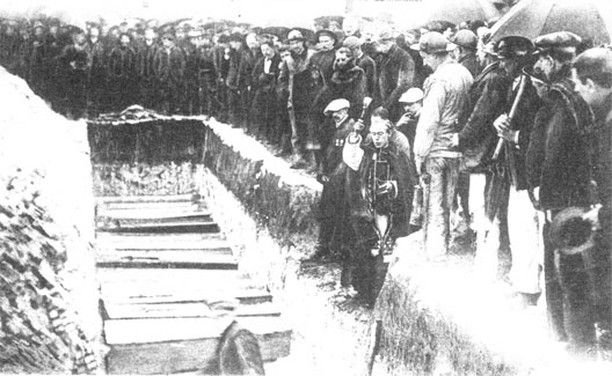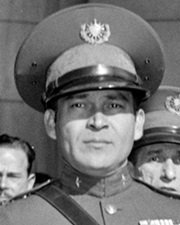This Day in History is DUE’s daily dose of trivia for all the history buffs out there. So sit back and take a ride of all the fascinating things that happened today!
People are trapped in history and history is trapped in people, and hence, every day has been a significant one in the foibles of History. Let’s take a tour of “This Day in History – 10th of March”.
1629 English King Charles I dissolves Parliament for the 4th time in his reign

On this day in History, English King Charles I dissolves Parliament for the 4th time in his reign, summons new Parliament 11 years later, only to be dissolved after 3 months.
1661 French King Louis XIV ends office of premier
The chief minister of France or, closer to the French term, chief minister of state, or prime minister of France were and are informal titles given to various personages who received various degrees of power to rule the Kingdom of France on behalf of the monarch during the Ancien Régime. The titles were however informal and used more as job descriptions. After 1661, Louis XIV and his descendants refused to allow one of their ministers to be more important than the others, so the terms were not in use.
1801 First official census in Great Britain
The first official Census in Britain in 1801, (which recorded a population of ten million), was taken by officials using only pens and paper. It was not until 1841 that the Census was filled in by householders on a certain day.

1847 1st money minted in Hawaii
In 1847, the Kingdom of Hawaiʻi, under the reign of King Kamehameha III, issued its first official coinage—a large one-cent copper penny—to alleviate the chronic shortage of small denomination coins circulating in the Hawaiian Islands.

1849 Abraham Lincoln files for a patent (only US President to do so) for a device to lift a boat over shoals and obstructions
On March 10, 1849, Abraham Lincoln filed Patent No. 6469 for a device to lift boats over shoals, an invention that was never manufactured. However, it eventually made him the only U.S. president to hold a patent.
1862 US issues 1st paper money in the form of $5, $10, $20, $50, $100, $500 and $1000 notes

On this day in History, Congress authorized the printing of this currency under the Legal Tender Act of 1862 and the subsequent Legal Tender Act of 1863. The first issue was comprised of two obligations and offered the public currency ranging in denomination from $5 to $1000 dollars.
1876 First telephone call made
Alexander Graham Bell says “Mr. Watson, come here, I want to see you” to his assistant Thomas Watson.
1906 Europe’s worst mining accident when a coal dust explosion kills 1,060 at Courrieres, France

Courrières mining disaster, underground explosion, and fire that took place in a French mine on March 10, 1906. The mining disaster, one of Europe’s worst, killed 1,099 people; hundreds more were injured. The mine, owned by the Courrières mining company, was located near the Pas-de-Calais hills in northern France.
1910 Republic of China officially abolishes slavery
Slavery was abolished as a legally recognized institution, including in 1909 lawfully enacted in 1910, although the practice continued until at least 1949.
1917 Batangas was formally founded as one of the Philippines’s earliest encomiendas

Encomiendas is a grant by the Spanish Crown to a colonist in America conferring the right to demand tribute and forced labor from the Indian inhabitants of an area. Tens of thousands were found in a single site in Batangas
1927 Bavaria lifts ban on Adolf Hitler’s speeches
On this day in History, the Bavarian government lifted the public speaking ban on Hitler, provided the initial speech was not in Munich. 1,000 attended. On 28 September 1928, following the poor performance of the National Socialists in the 20 May 1928 general election, the Prussian government lifted its speaking ban on Hitler.
1933 Nevada becomes 1st US state to regulate narcotics
Nevada first banned cannabis in 1923, during a nationwide trend of states limiting the drug between 1911-1933.
1934 Longest undefeated streak in Toronto Maple Leaf history ends

The Toronto Maple Leafs are a professional ice hockey team based in Toronto. The longest undefeated streak in Toronto Maple Leaf history ends – 18 games with 15 wins, 3 ties.
1945 Japan grants occupied Vietnam independence
By occupying Vietnam, Tokyo hoped to close off China’s southern border and halt its supply of weapons and materials. However, the plan failed and Vietnam declared independence.
1952 Military coup led by General Fulgencio Batista in Cuba

Cuban President and Dictator
Fulgencio Batista. (Image Source: Wikipedia)
The 1952 Cuban coup d’état took place in Cuba on March 10, 1952, when the Cuban Constitutional Army, led by Fulgencio Batista, intervened in the election that was scheduled to be held on June 1, staging a coup d’état and establishing a de facto military dictatorship in the country.
1960 USSR agrees to stop nuclear testing
It followed the signing of the Nuclear Test-Ban Treaty, formally Treaty Banning Nuclear Weapons Tests in the Atmosphere, in Outer Space, and Under Water, a treaty signed in Moscow on August 5, 1963, by the United States, the Soviet Union, and the United Kingdom that banned all tests of nuclear weapons except those conducted underground.
1975 Dog spectacles patented in England

Doggles were invented by Roni Di Lullo after she noticed her dog, Midknight, squinting in the sunlight. Experiments were made with human sunglasses and sports goggles before a pair was developed to fit the shape of a dog’s head.
1978 Soyuz 28 returns to Earth
On this day in History, the Soyuz 28 crew prepared for their return to Earth, packing experiments and testing systems. They undocked from the station and landed 310 kilometres (190 mi) west of Tselinograd later that day. A joke appeared soon after the mission that Remek’s hand had mysteriously turned red.
2006 The Mars Reconnaissance Orbiter arrives at Mars

Mars Reconnaissance Orbiter (MRO) is a spacecraft designed to study the geology and climate of Mars, provide reconnaissance of future landing sites, and relay data from surface missions back to Earth. It was launched on August 12, 2005 and reached Mars on March 10, 2006.
Read more.
2020 Chinese President Xi Jinping finally travels to Wuhan after COVID outbreak

After three months into the COVID-19 epidemic Chinese President Xi Jinping finally travels to Wuhan, epicenter of the outbreak as the rate of daily new infections declines in China falls to 19 new cases and 17 deaths.
For further updates, follow the “This Day in History” section.
